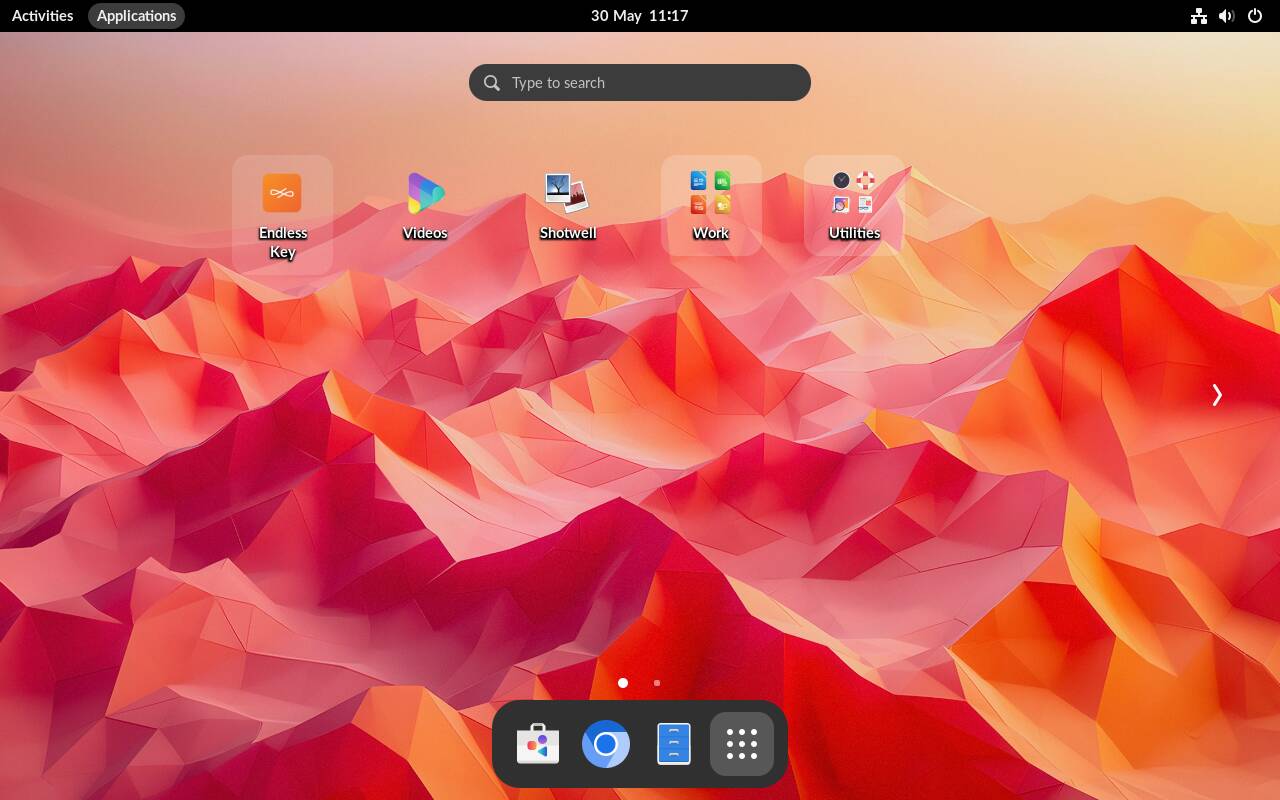...Fedora seems to work out of the box and is more stable on both the PCs I've tried and therefore I am back to Fedora 39 on both.
4 and bit months on from that post and still using Fedora 39 on both machines. However I did have an issue with Fedora 39 on the Lenovo Duet 3i (very basic n4020 Celeron powered Surface-alike machine) where somewhere around Kernal 6.7.x it would start crashing soon after startup. Usually when clicking on a program to load like Terminal, or Brave. Problem started out as a 1 -n-4 type thing but then became all the time. Couldn't work out from the logs what was causing the issue so decided it would be easier to do a reinstall.
I've used it as an opportunity to try out Fedora Silverblue as I quite liked the concept of the stability it should offer as an immutable OS. And pleased to say a few weeks later it's still going strong. On this small machine I only need a few programs so using flatpaks is perfect. Most updates seem to not require a reboot (so far). And doesn't seem to be that far behind on version numbers compared to my other Fedora Workstation installation.
On this machine I've been running Fedora since 36 but this different flavour of it has been interesting to find out about and try out.



 ) and I've only found one game that doesn't work so far out of the ~100 I've tested. Most of them are indie games to be fair but there are some bigger name ones. I'm also a little fixated on VR now and am happy that ALVR is starting to make some improvements so I can play some of my PCVR games on my Quest 3.
) and I've only found one game that doesn't work so far out of the ~100 I've tested. Most of them are indie games to be fair but there are some bigger name ones. I'm also a little fixated on VR now and am happy that ALVR is starting to make some improvements so I can play some of my PCVR games on my Quest 3.